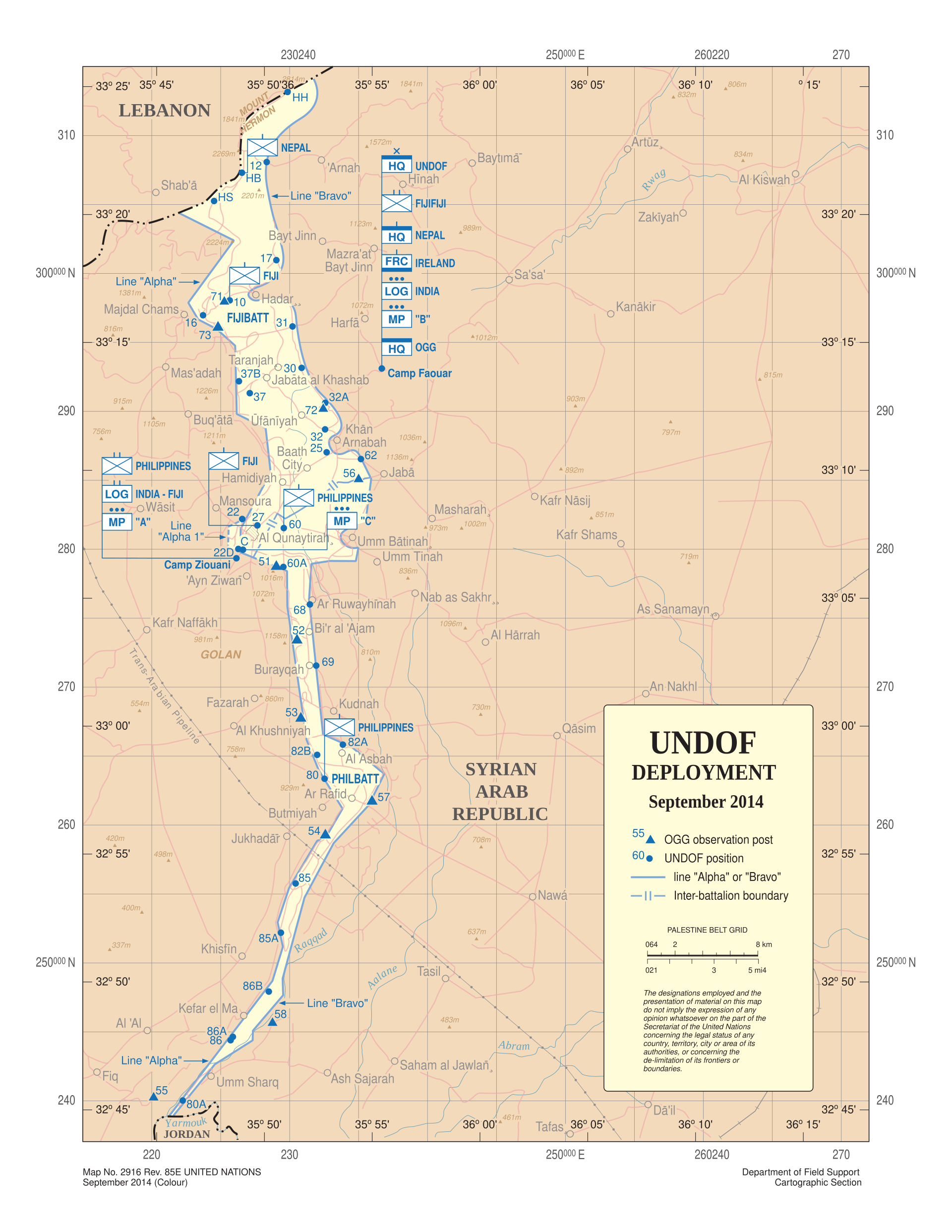In early December of 2024, the Islamist Hayat Tahrir al-Sham (HTS) movement ousted Syrian President Bashar al-Assad and took power. On December 8, Israel invaded Syria, occupying the demilitarized zone and going deeper, with incursions still ongoing.
The first territory seized was the demilitarized zone, between Syria’s territory and the Israeli-occupied Golan Heights, which the international community also considers part of Syria. That demilitarized zone was established in 1974, and had before December 8 been patrolled by the UN Disengagement Observation Force (UNDOF), aiming to ensure Israel and Syria didn’t directly confront one another.
There have been direct talks between Syria and Israel ongoing since April, with an aim toward restoring the pre-December status quo, which was a state of war but with a defined disengagement line. That appears to be running into a brick wall, however, when it comes to requesting Israel withdraw from the demilitarized zone.

Though it had been clear for months that returning to the 1974 situation would mean Israel not occupying that territory, Israeli DM Israel Katz now insists Israel will not consider any deal in which they would be expected to withdraw from Mount Hermon, or anywhere else in the demilitarized zone.
Israeli media suggested that position is not absolute, but that they might consider withdrawing as part of a permanent peace deal with Syria. Though the HTS has expressed support for a peace deal in the past, reaching it while Israel continues to occupy territory and invades ever-deeper into Syria would be a challenge.
The situation was made even more clear last week, during HTS leader Ahmed al-Sharaa’s visit to the US, where he said an agreement was close and would involve Israeli withdrawal. At the time, it was reported that President Trump supported Sharaa’s position in the talks.
Israel had reportedly been seeking an agreement in the past where they would retain substantial rights to access Syrian airspace for military purposes, and Damascus would give up rights to position troops within the southern part of their own country. This was seen as a challenging position to work out, but even this didn’t include letting Israel continue to occupy the demilitarized zone.
In the end, it seems no matter how close a deal is, Israeli officials can find new demands to throw in that will derail the process.


